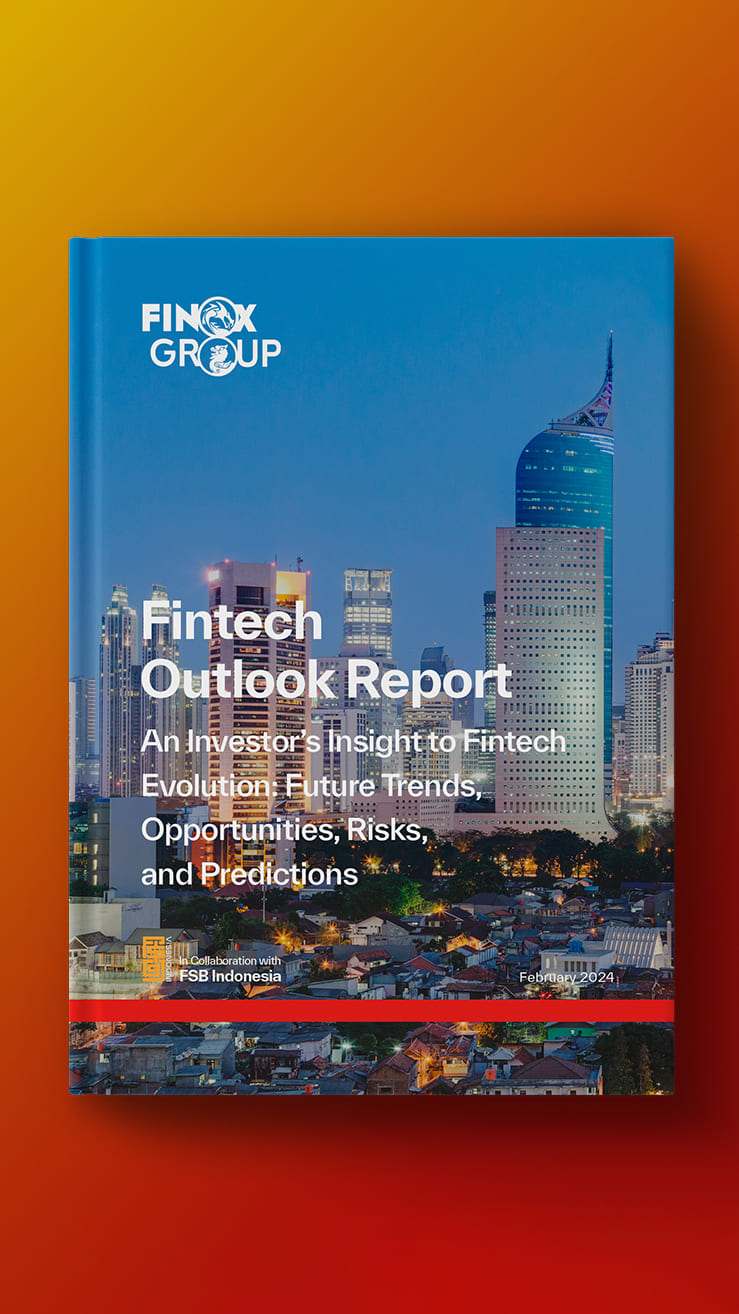
One major sector that has emerged rapidly in most developing markets in Southeast Asia has been fintech, with Indonesia being one of these thriving economies. With a teeming population of 273.5 million and an active representation of 60 per cent active labor force, Indonesia has a unique economic potential. With the active labor force as one of the essential factors of the economy, if fully utilized alongside the role of fintech in closing the financial gap in Indonesia will improve livelihood. According to ADB Institute, fintech is poised to be among the primary vehicles for closing the financial gap in Indonesia by the year 2025.
In 2021, up to 95 per cent of digital businesses were likely to increase or maintain their use of digital payment platforms, while about 51 per cent have utilized digital lending solutions. Moreover, between 2019 and 2021, access to mobile internet reached well over 195 million seeing an increase of 18 per cent.
Several other vital factors mainly drive the increasing adoption of fintech services in closing the financial gap in Indonesia. These factors comprise growth in the use of the internet and an increase in digital businesses, which have hastened the adoption of fintech based on the economy.
With reduced access to fintech services, businesses, particularly SMEs, could be excluded from growth and its benefits. Taking advantage of the digital economy by businesses could boost the GDP by up to 2 to 3% while also closing the financial gap in Indonesia.
The Role of Fintech in the Indonesian Financial Service Industry
The Indonesian financial service industry has recently adopted new technologies to help increase profit margins and manage operations smoothly. Tech Bullion reported that fintech plays a vital role in various financial service industries such as:
- Insurance technology
- Remittance and payment sector
- Wealth management
- Online banking and lending
Other roles played by fintech within the Indonesian financial industry include:
- Advanced Analytics: Fintech assists in systematically computing statistics and data analysis. This analytical process helps discover, interpret, and communicate meaningful patterns in data format.
- Improving Customer Acquisition: Tech companies use technological tools and procedures more than regular shops. As a result, fintech can reach a wider geographical range and serve more customers worldwide. A good example is PayPal, a fintech serving consumers worldwide without a physical presence in most countries.
- Specific Segment Offerings: Fintech startups focus on specific segments of the global market, mainly the advanced population.
- Lower Service Costs: Fintech lowers the costs of its services because these companies don’t need a physical presence in every country they operate.
How Fintech Has Helped In Closing the Financial Gap in Indonesia
Fintech has to some degree, bridged the financial gap that existed within Indonesia. This has been possible as modern technology has helped overcome conventional lending methods and their limitations. Below the role of fintech in closing the financial gap in Indonesia will be discussed;
- The use of modern digital technologies as a replacement for traditional documents has resulted from fintech. Also, for customer verification and usage of third party data to define customer eligibility.
- Developing a simple and easy-to-use platform for investment has attracted many prospective and potential borrowers and lenders alike.
- Building models for assessing credit using behavioral data to spot and identify similar features for market interest rates, with massive support made by a significant number of donations and funding from formal and non-formal investors.
Conclusion
Indonesia has a huge market possibility comparable to the fast developing market of China with similar macro-economic and socio-economic conditions. In 2013, the fintech sector in China’s market and business models focused on hundreds of millions of lower-income individuals who do not possess credit cards. For its part, the role of fintech in closing the financial gap in Indonesia is targeting the duo of unbanked individuals and MSMEs, which paints a picture of a balanced mix.













